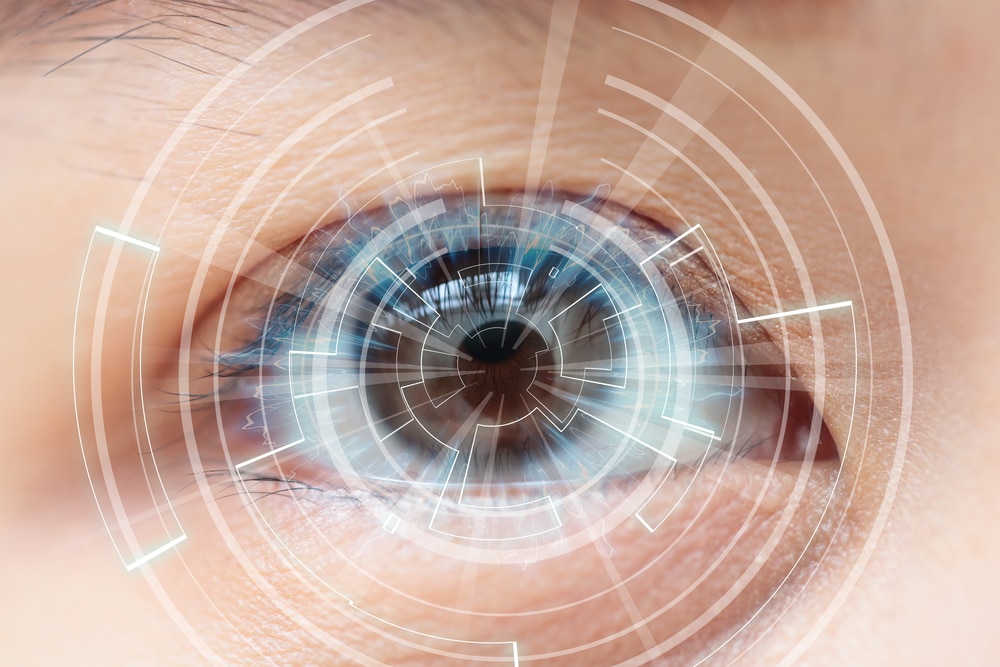Lasik eye surgery is a type of vision correction procedure that can help improve your vision. It is one of the most popular and successful forms of vision correction available to people with refractive errors.
Lasik eye surgery works by reshaping the cornea, which is the front surface of the eye, to better focus light on the retina and reduce or eliminate nearsightedness, farsightedness, or astigmatism. This can lead to improved clarity of vision and even complete freedom from glasses and contact lenses.
In this article we will discuss what Lasik eye surgery entails, potential benefits and risks associated with it, as well as any other important information you should know before undergoing the procedure.
Benefits of Lasik Eye Surgery
Lasik eye surgery is an effective and safe procedure that can help improve a person’s vision. After the procedure, most people are able to see clearly without needing glasses or contact lenses. This can result in improved quality of life as well as increased confidence in their appearance and daily activities.
People who undergo Lasik often experience better night vision, less eye strain, and improved depth perception. In addition to these physical benefits, many people report feeling more independent after having Lasik eye surgery since they no longer need to rely on eyeglasses or contacts for clear vision.
Risks Associated with Lasik Eye Surgery
As with any type of surgery, there are some risks associated with Lasik eye surgeries. Potential complications include dry eyes, light sensitivity, hazy vision and ghosting of images. Other rare but serious risks can occur such as infection or inflammation in the eye, loss of best-corrected vision and corneal flap problems.
Before electing to undergo Lasik it is important to discuss all potential risks and benefits with an experienced ophthalmologist so you can make an informed decision about whether or not it is right for you.
What to Expect During the Surgery and Recovery Process
Lasik eye surgery is an outpatient procedure meaning it does not require a hospital stay. On the day of your surgery, you will need to arrive at least one hour prior for preparation such as numbing drops in your eyes and applying a sedative if desired. The actual procedure takes around 15-20 minutes and involves creating thin flaps in the cornea which will be reshaped with a laser to correct any refractive errors present.
Following the procedure, there may be some discomfort or blurriness in vision that should improve within a few days. For the first 24 hours, you will be instructed to avoid rubbing your eyes and showering as well as wear protective glasses or shields when sleeping. It is important to follow all of these instructions provided by your doctor for a successful recovery.
Why Consider Lasik Eye Surgery?
Lasik eye surgery can help people regain their natural vision without the need for glasses or contact lenses, thus improving overall quality of life and confidence in daily activities. It also eliminates many problems with fogging up eyeglasses or contacts becoming lose or uncomfortable during physical activity.
Additionally, this procedure can save time on a day-to-day basis since there are no longer any daily maintenance tasks associated with glasses and contacts. Finally, some insurance plans may cover all or part of the cost associated with Lasik eye surgery which makes it a viable vision correction option for many people.
Conclusion
In conclusion, Lasik eye surgery is a safe and effective way to correct vision problems. While there are some potential risks associated with the procedure such as infection or inflammation in the eye, these can be minimized by preparing for the procedure properly and following all instructions from your doctor.
Before undergoing surgery it is important to discuss any potential risks and benefits with an experienced ophthalmologist so that you can make an informed decision about whether or not it is right for you. By understanding these things and taking proper precautions, Lasik surgery can be a great option for regaining natural vision without glasses or contacts.

